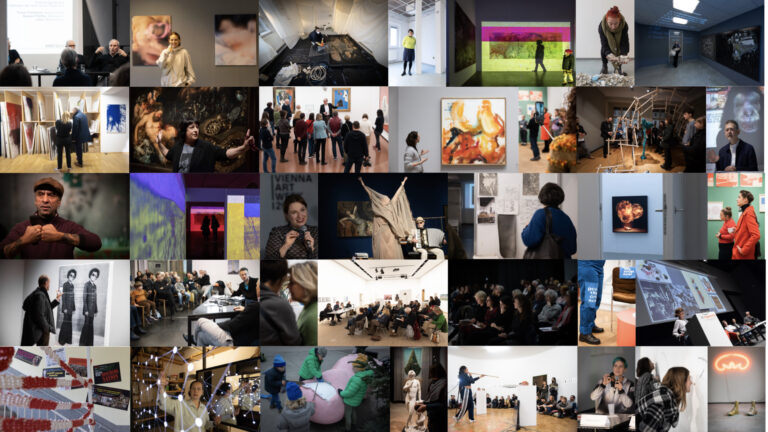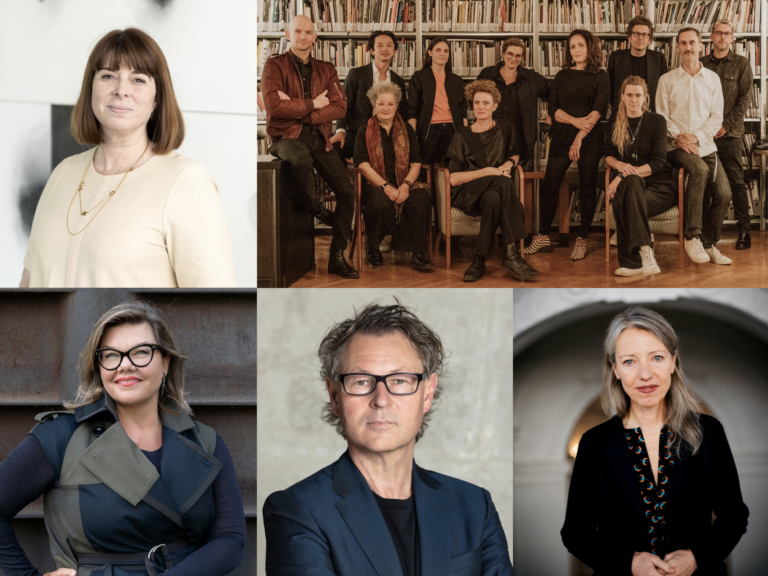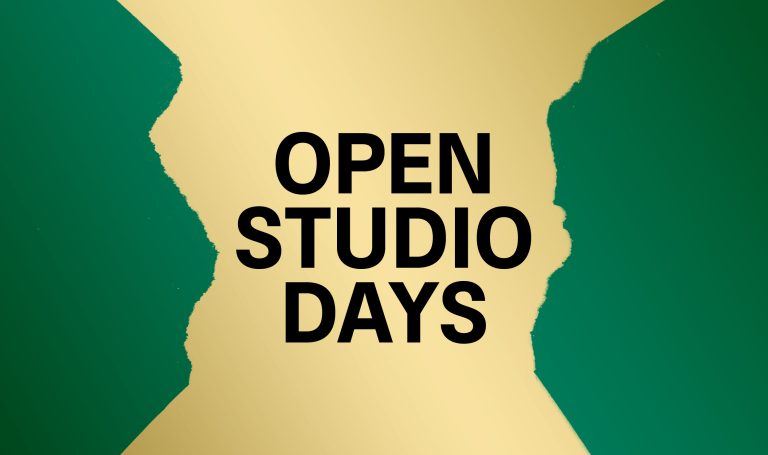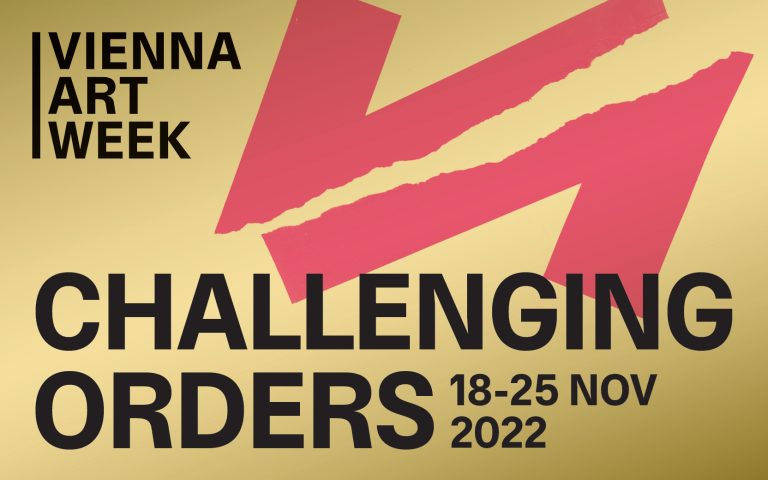What do our directors think about “Challenging Orders”? Part 1
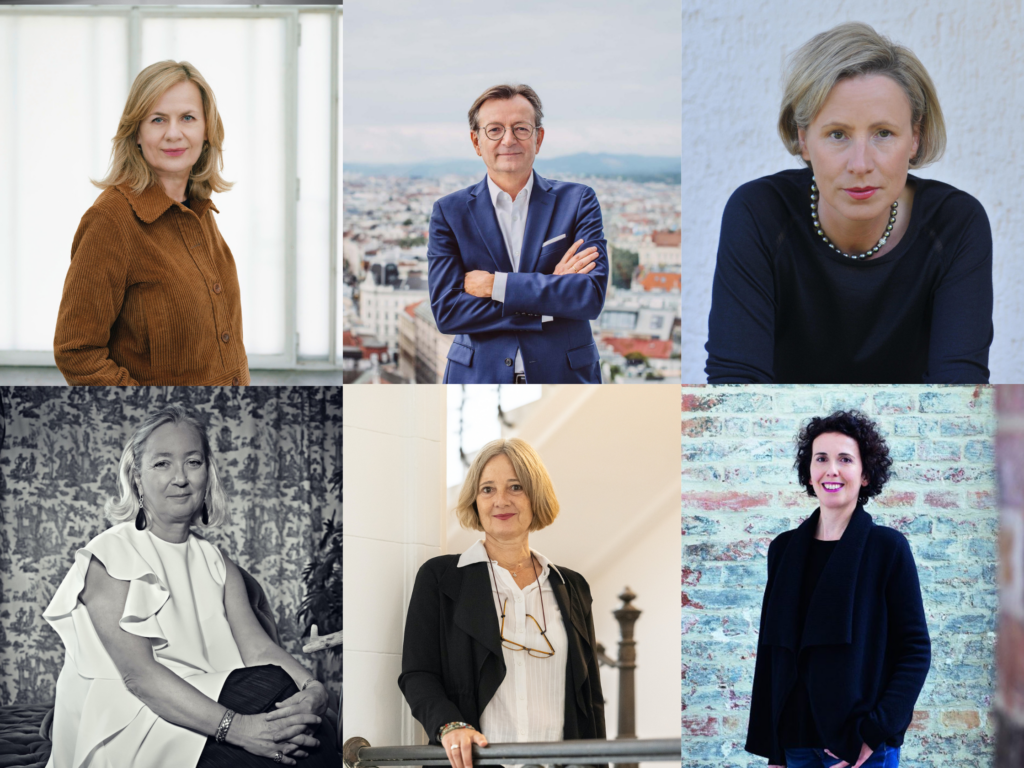
Behind the Vienna Art Week stands the supporting association “Art Cluster Vienna”. We asked our members how they see the role of their institutions in relation to “Challenging Orders”. Here are their answers…
Director MuseumsQuartier Vienna

Foto: Stefan Oláh
Museums and exhibition venues have great communication potential, they convey socio-political values and thus serve as role models. With their works, artists reveal new perspectives and create narratives that contribute to advancing social, economic and ecological transformations in society. Spaces like the MuseumsQuartier as publicly accessible democratic places function as a bridge between art and visitors. They offer space for discourse, but also for co-creation and collaboration. In times of upheaval and change, it is important to take a pioneering role and help shape change through innovative solutions.
Executive Director
Wirtschaftsagentur Vienna

Foto: Karin Hackl © Wirtschaftsagentur Wien
Whether through the pandemic, wars or profound ecological and social changes: Upheavals are shaping our present and society, putting them to the test more than ever. It is not only art that has the task of designing new ways of thinking. Organizations and cities are also called upon to analyze and adapt their instruments and services again and again. Together with Viennese entrepreneurs, we are facing the current challenges with innovation. This year, we at the Vienna Business Agency are focusing on the interaction between digital technologies and cultural experiences. And when it comes to a good future, we are already relying on the power of creatives today. After all, they are often the very first to think about what will define and influence our everyday lives in the future.
Director mumok
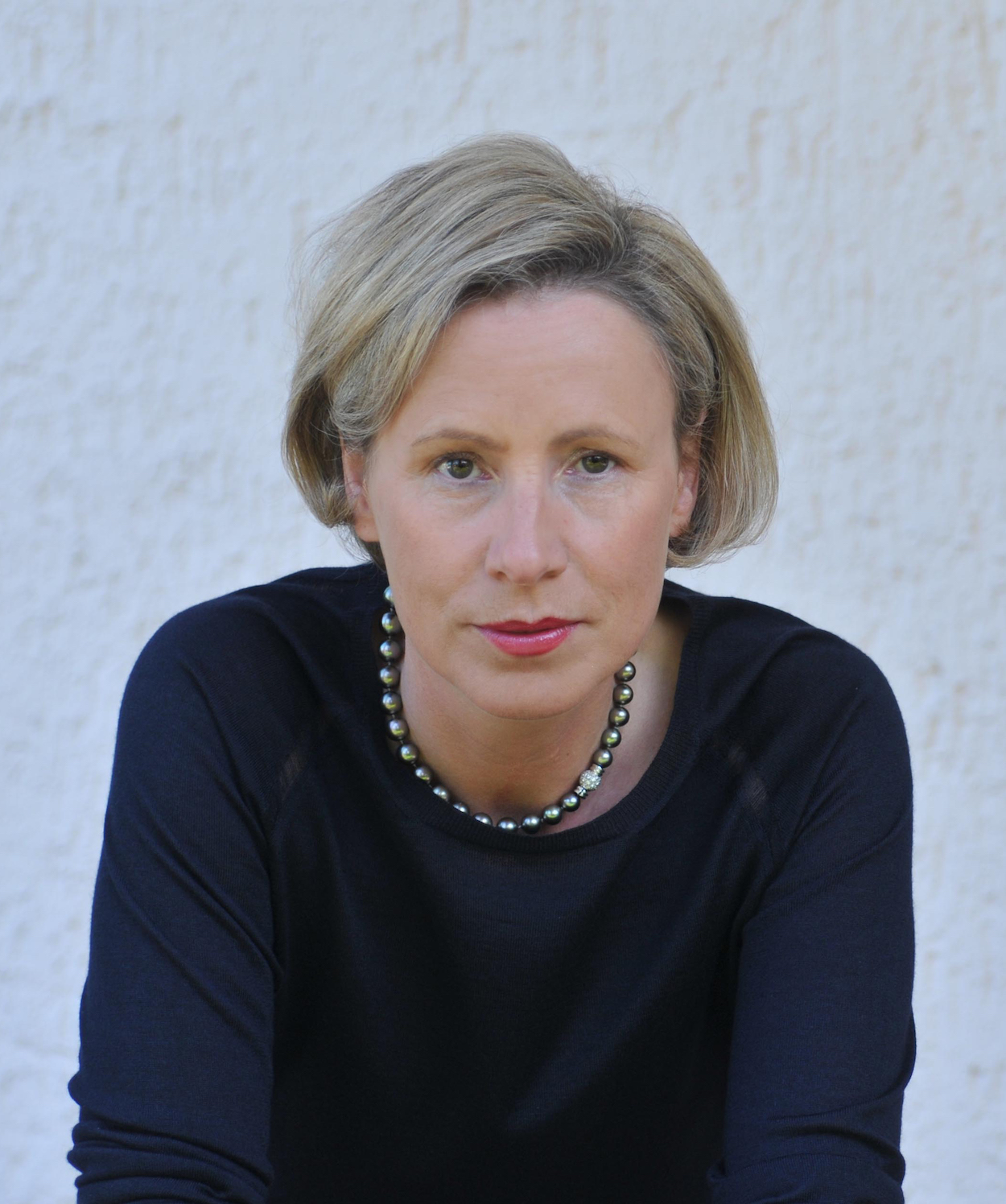
Karola Kraus, Director mumok, Foto: Andrea Kremper, ©mumok
Togetherness as a global survival strategy seems to me to be a promising scenario in the fight against the current crises. Existing structures and principles of order must be seriously questioned. I see our task as an art institution in creating a paradigm shift by means of digital networking, inclusion, diversity and collaboration. The exhibition “mixed up with others before we even begin” at mumok, whose opening will also be the closing event of Vienna Art Week 2022, explores models of thinking and working that take up these considerations and relate them to each other on a visual level.
Director Heidi Horten Collection
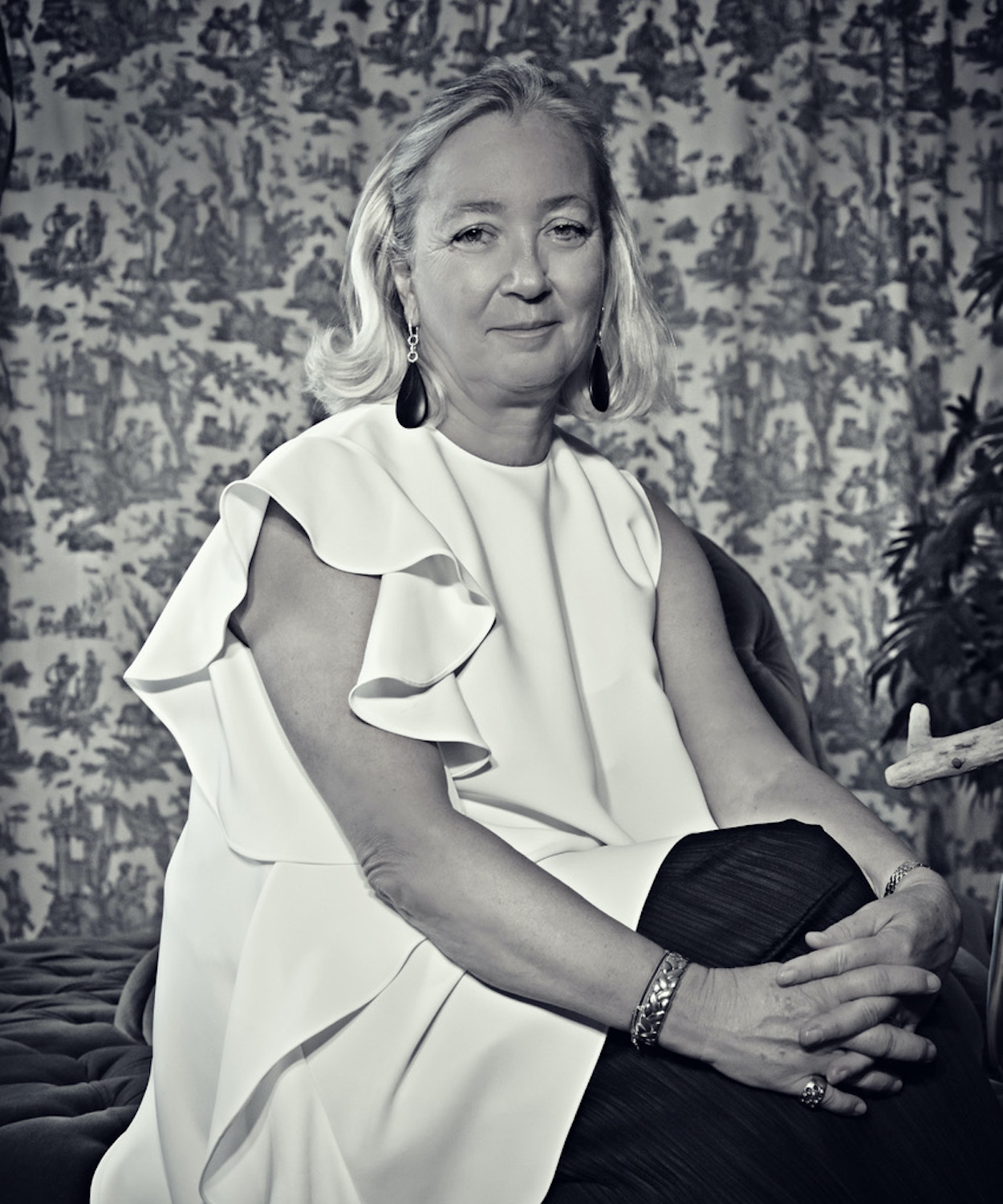
Agnes Husslein-Arco, Director Heidi Horten Collection, Photo: Sabine Wiedenhofer
With the founding of a new museum institution in a cultural metropolis like Vienna, existing orders are naturally interfered with, they are challenged and confronted with their own institutional identity.
An exciting time lies ahead of us: First of all, it will be a matter of establishing our position as a new and so far only private museum in Vienna that is permanently open to the public, of establishing dialogues with national and international houses, and of expanding the radiance that the collection has developed as “Heidi Horten Collection” since its first public presentation in 2018. The cultural-political responsibility of our project lies in demonstrating that an independent, private institution is capable of making art accessible to all in a loving, enthusiastic, creative way and at a high quality. This of course also includes the scientific processing and contextualization of the collection. The challenge will also be to locate the works collected for private spaces in terms of art and cultural history. In contrast to historically grown collections, which may have to take political or institutional conditions and requirements into account, we can open a new chapter in the history of Viennese art and museums, detached from public constraints. With the opening of an own museum, the collection is taking a step into the future, which is also reflected in the constant expansion of new media formats. Our challenge will be to question the existing focus of the collection and to expand it with contemporary positions in order to address current socially relevant issues.
Director Sigmund Freud Museum
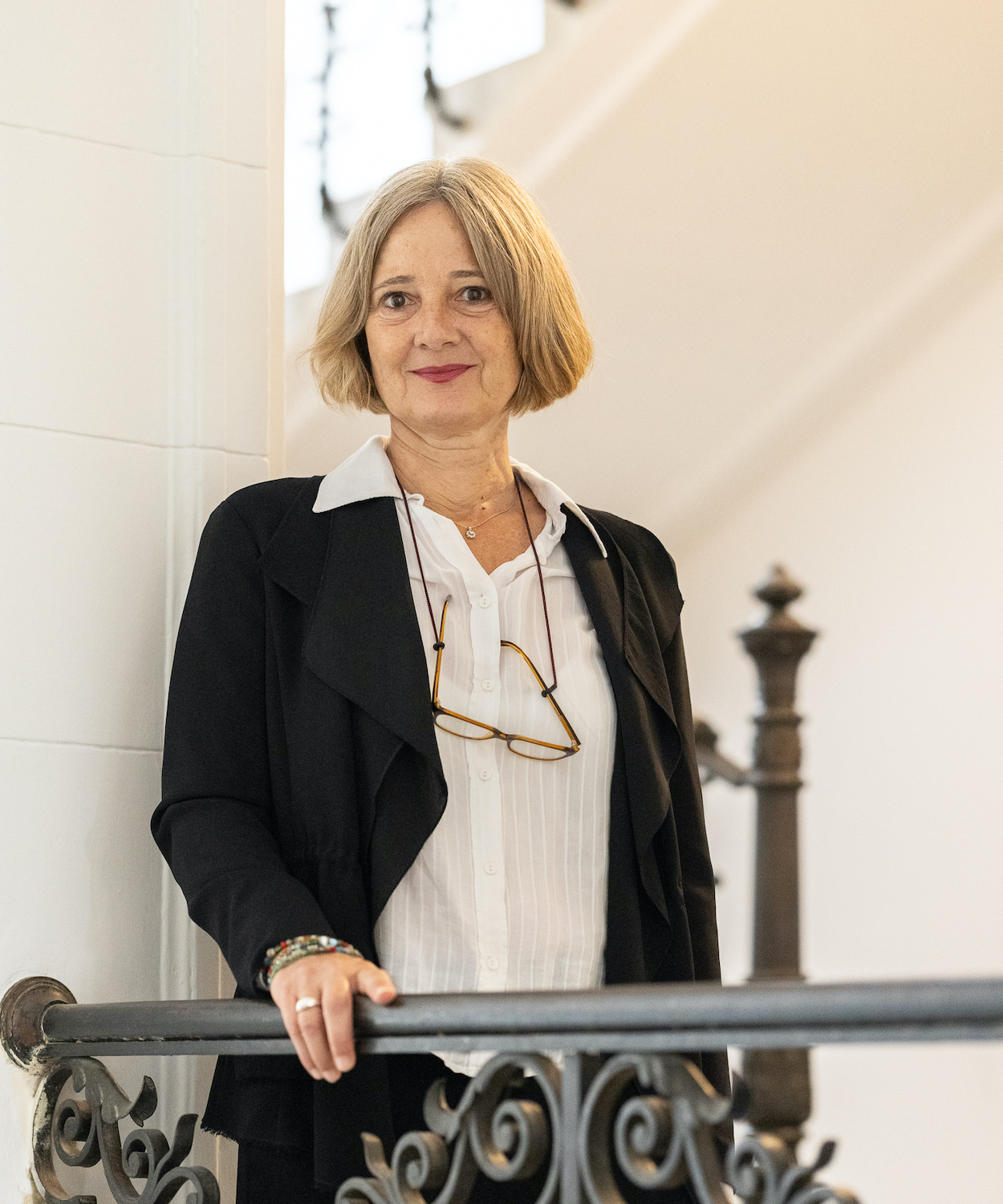
Monika Pessler, Director Sigmund Freud Museum, ©Alexander Ch. Wulz
2022 is an exceptionally demanding year: war, pandemic, energy and economic crisis expose people to strong inner pressure – this may also be the reason for the increasing interest in psychoanalysis, as we can see from the numerous young visitors to the Sigmund Freud Museum. In connection with the current tightened living conditions we note also a rediscovery of the art revolution of Surrealism, that is not only being discussed in museums in New York, Berlin and Vienna, but also at the Venice Art Biennale: Cultural developments that testify to an urgent need to confront social structures and the challenges of life with new realities – an absolute reality that holds out the prospect of a self-determined life in peace and freedom in the fusion of inner and outer worlds of experience.
Director Architekturzentrum Vienna
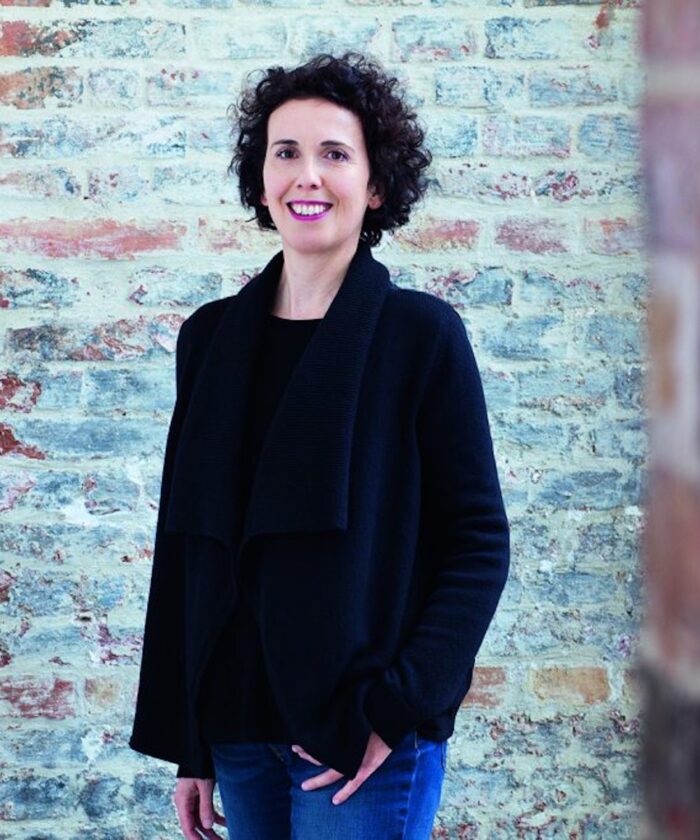
Angelika Fitz, Director Architekturzentrum Vienna
As museums, we share a responsibility for that which one day will become the order, the canon – through the way we collect, research, exhibit. The history of museums is marked by structural exclusions and omissions. “Challenging Orders” is therefore a central concern of our new exhibition collection, “Hot Questions – Cold Storage.” It does not follow a master narrative, it leaves room for counter-narratives, the hitherto hidden, the contradictory, while always posing the fundamental question of the role of architecture in our society. For example, the search for approaches that contribute to the repair of the future instead of advancing its destruction. A radical rethinking of architecture is necessary to ensure our survival on this planet.
